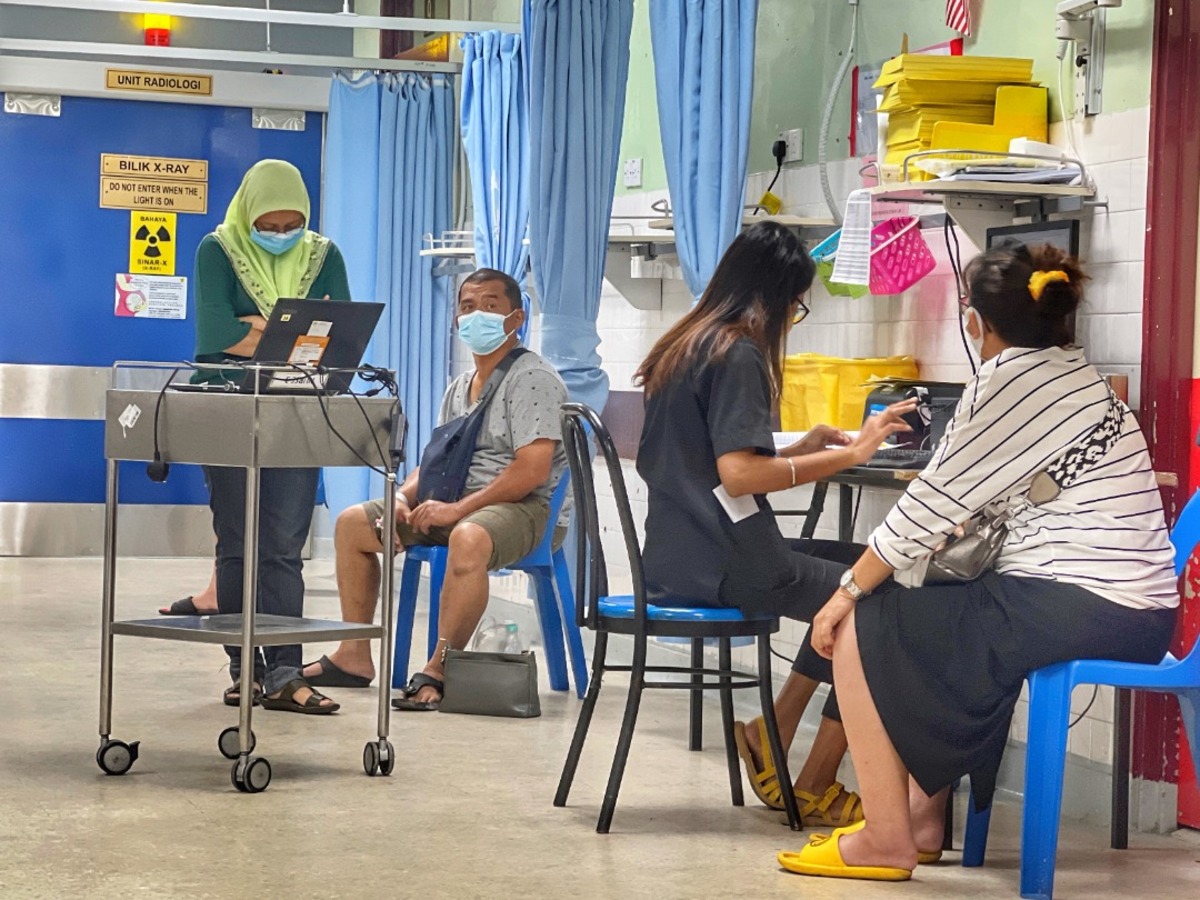Dear Prime Minister Anwar Ibrahim,
Though I feel that it is important that we strengthen the usage of Bahasa Melayu, I don’t think that making it compulsory and encouraging government offices to reject letters not written in Malay is the way forward.
We already face so many barricades when writing to other ministries, etc — why are you adding another one? It is another excuse to be turned down for something.
Do you know how difficult it is to translate certain medical terms into Bahasa Melayu? What about sending letters, medical orders especially, that can only be communicated effectively in English?
Will that result in the rejection of a transfer to another hospital? What if the orders are misunderstood by the recipients? Who will be held responsible?
What about medical tourism that we are constantly speaking about? What if a local or international hospital decides to transfer their patients over and the letter by the consultant (an expatriate or a foreign doctor) is in English? Will that also be rejected?
What about expatriates writing to local clinics or hospitals to continue their follow-up treatment? Will their letters written in English be rejected?
The greater concern is, due to this policy and rejection, who will bear responsibility in the event it causes further deterioration or even death to a patient? We talk about medical tourism and how to boost it, but we come up with policies that will only dampen efforts to build it.
What about dealing with other departments, i.e the Welfare Department, departments that deal directly or indirectly with health care?
What about patients who need our assistance in writing them a letter to obtain funding for a procedure from other government departments or ministries?
If these letters are written in English for clarity but they are rejected because of government departments’ liberty to return all letters not in BM, who will bear responsibility should the patient succumb due to the delay?
Can I also assume that every complaint that a health care professional pursues (bullying from a superior/patient etc) and complaints that come from patients will also be rejected if they are written in English?
Sir, there are many different ways we can encourage the use of Bahasa Melayu, which can be done by ministries. For example, in the Ministry of Health, we can organise a Minggu Bahasa and share the terminologies for certain diseases, conditions, and terms frequently used.
We can also ensure that any conference held should start with a welcoming line in Bahasa Melayu. Why not encourage dwi-bahasa at events?
Do not make it compulsory; make the people want to use Bahasa for the love of the language.
Bersama, kami akan menggalakkan penggunaan Bahasa Melayu secara sukarela. Terima kasih!
The author is a government primary care medical doctor. CodeBlue is providing anonymity as civil servants are prohibited from writing to the press.
- This is the personal opinion of the writer or publication and does not necessarily represent the views of CodeBlue.




